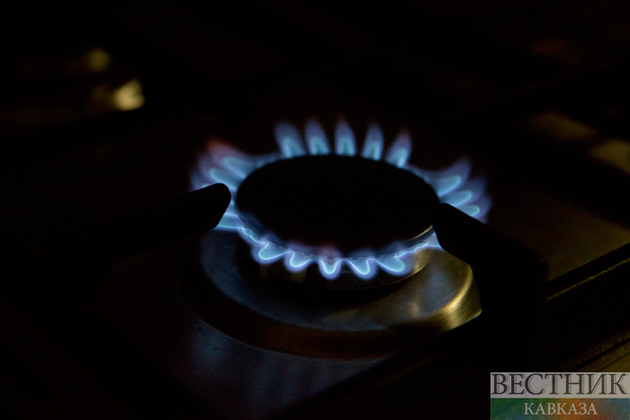Uzbekistan plans to increase natural gas production more than 20% by the end of the decade, but will keep most of the extra output at home even as Europe clamors for supply, Bloomberg writes. Gas production will rise to 66.1 billion cubic meters in 2030 from 53.6 billion cubic meters last year, First Deputy Energy Minister Azim Akhmedkhadzhaev said by email.
Uzbekistan, one of the top three producers in the former Soviet Union and previously a supplier to China, Russia and several of its neighbors, stopped exporting the fuel this year amid a surge in local consumption. “We will be prioritizing meeting domestic consumer demand and further processing of natural gas as a raw material,” Akhmedkhadzhaev said. “It is much more profitable for Uzbekistan not to export the gas but rather produce value-added products from it, which in turn will reduce imports.”
Europe, grappling with soaring gas prices amid fears that Russia’s operation in Ukraine could squeeze an already-tight market, has been talking to exporters around the world to gauge their ability to send more supplies. Countries including Azerbaijan and Algeria have expressed a willingness to help, but most of their exports are already tied into long-term contracts with buyers. Uzbek gas production is expected to rise to 56.3 billion cubic meters this year, according to Akhmedkhadzhaev. Domestic consumption is seen growing 11% in the period to 47.2 billion cubic meters, and to more than 56 billion in 2030. The country also plans to boost supply of liquefied natural gas to the local market.
Gas processing
Uzbekistan expects to use some of its additional gas output to make plastics and mineral fertilizers, among other products, Akhmedkhadzhaev said. The Central Asian nation in December opened its first gas-to-liquids plant, a $3.6 billion project producing synthetic liquid fuels and naphtha. It’s also expanding the Shurtan gas-processing facility -- which makes polyethylene and polypropylene -- and is building a $2.5 billion gas-chemical complex, he said.
To help save gas for the petrochemicals industry, Uzbekistan has set a target to generate as much as 30% of its electricity from clean-energy sources by 2030. With assistance from the World Bank and other lenders, the government is holding tenders to develop 5.5 gigawatts of wind and solar power projects.
The state has announced plans to sell part of its interest in Uzbekneftegaz JSC, the country’s main producer of gas and oil. It has hired Rothschild & Cie as a financial consultant to prepare for an initial public offering on local and international markets by 2024, Akhmedkhadzhaev said. Ernst & Young LLP and White & Case LLP were also chosen to assist with the planned IPO, while Boston Consulting Group was hired to draw up development strategies for the company.






